Analytics
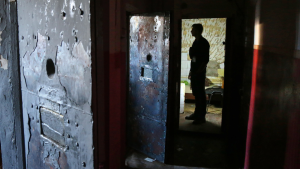
Systematic and widespread patterns of arbitrary detention, torture, enforced disappearances, sexual violence, filtration, and related crimes against Ukrainian civilians in Russian-controlled territories may constitute crimes against humanity, as revealed by a new report by the World Organisation Against Torture (OMCT) and Ukrainian partners, the Media Initiative for Human Rights and the Human Rights Centre ZMINA.
18 July 2024

As of April 12, 2024, the register of missing persons under special circumstances, which operates under the Ministry of Internal Affairs of Ukraine, has more than 36 thousand records of people who went missing during the war. Tens of thousands of families know nothing about the fate of their loved ones. They are neither among the living nor among the dead.
15 May 2024
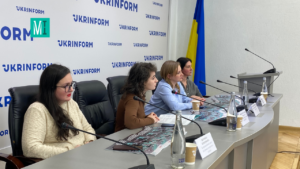
On March 20, the MIHR presented an analytical study on victims' legal status, experience, and motivation in war crimes cases. This is the first such study in Ukraine. The research consists of a theoretical part about the experience of other countries in working with victims of war crimes, an analysis of national legislation, and a practical part where the team summarizes the experience of victims whose cases are already in courts or under active investigation.
20 March 2024
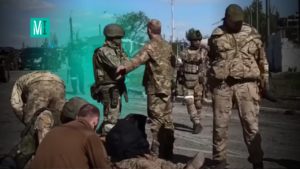
The purpose of the analysis is to emphasize the improper detention of Ukrainians in Russian captivity and the problems with ensuring their rights and bringing to justice those responsible for torture.
22 February 2024
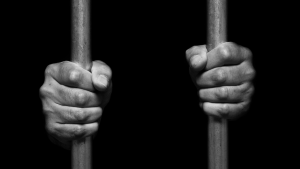
Since February 24, 2022, and to this day, the Russian military, representatives of the Federal Security Service of Russia, and other Russian Federation controlled formations in the occupied territories of Ukraine have illegally detained and continue to detain civilians without cause. These individuals are subjected to torture and held in inadequate conditions. They are not allowed to communicate with their families.
20 February 2024

A case study from human rights organizations documents a series of coercive measures targeting patients and health care personnel in Russian-occupied territories to enforce civilian control.
12 December 2023
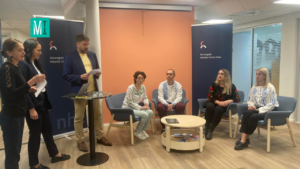
The presentation of the analytical report "Arbitrary detentions and capture of civilian hostages in the northern regions of Ukraine. Analysis of documented testimonies" was held in Oslo. The MIHR and the Norwegian Helsinki Committee co-organized the event.
21 September 2023

This analytic describes the detention facilities in three oblasts: Kyiv, Chernihiv, and Sumy oblasts as well as the routes of transporting civil detainees based on specific evidence.
20 September 2023
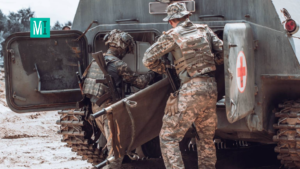
The combat medic occupies a key role in saving lives of the wounded on the battlefield. Such […]
18 July 2023
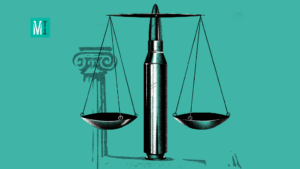
The Media Initiative for Human Rights (MIHR) conducts analysis, provides coverage, and raises awareness about important developments […]
17 July 2023

